- Quebec's new energy bill, Bill 69, introduces significant changes to the province's energy sector, including variable daily rates to discourage waste and a focus on promoting renewable energy.
- The bill aims to achieve net-zero emissions by 2050 while addressing concerns about reliability and peak consumption.
- With the potential to drive residential and community solar adoption, this legislation positions Quebec as a leader in sustainable energy practices.
In a promotional video, Quebec Energy Minister Pierre Fitzgibbon loads a dishwasher at night, informing Quebecers that they will need to get used to using electricity at different times of the day. Fitzgibbon remarked, “You think the government will tell the consumer what to do at 2 o’clock in the morning? No. What the government needs to do is to allow modulation to take place.”
Quebec’s new energy bill proposes to cap residential rate hikes at three percent per year until 2026. After that, Quebec’s energy board will be able to set rates, encouraging consumption during off-peak periods.
“We have now established that the Régie de l’Énergie, every three years, will establish the tariffs based on cost of service increment or decrement,” said Fitzgibbon.
Energy bill highlights
- Variable Daily Rates: As of April 1, 2026, Quebec’s Régie de l’Énergie will set rates to promote reduced consumption during peak periods, potentially charging more for power at certain times of the day.
- Industrial Rates: Industrial clients are excluded from the three percent cap on rate increases, raising concerns about competitiveness.
- Decarbonization Goals: Fitzgibbon emphasizes a need for public debate on Quebec’s energy future, considering dams, wind farms, and solar power to meet the province’s carbon-neutral target by 2050.
- Integrated Resources Plan: The government plans to present an integrated energy resources plan detailing its objectives and targets within a year.

The power sector plays a pivotal role in any scenario for substantially decarbonizing the economy by mid-century. The sector must substantially reduce its emissions even as demand for power rises as other sectors switch from fossil fuels to electricity to reduce their own carbon emissions.
A push for reliability and decarbonization
McGill University associate professor Francois Bouffard views this as a positive measure, particularly for Hydro-Quebec clients who frequently experience power outages. “I would hope that this would help incentivize reliability on the system while at the same time we try to decarbonize,” Bouffard noted.
The proposed legislation aims to restructure Quebec’s energy sector. While Fitzgibbon envisions Quebec as the first carbon-neutral state in North America, he acknowledges that the province is not yet ready for the increased demand. “We’re clearly not ready because a lot of people do not want new dams, a lot of people do not want to have wind farms next to their homes,” he said. The proposed legislation highlights the potential cost of the NIMBY (not in my backyard) mindset, which has been an ongoing concern when it comes to the adoption of renewables.
Variable daily rates to discourage waste
Under Economy and Energy Minister Pierre Fitzgibbon’s bill, variable daily rates would come into force in 2026 as a way to discourage waste. Quebec Minister of Economy, Innovation and Energy Pierre Fitzgibbon unveiled this legislation, known as Bill 69, on June 6, 2024. Fitzgibbon emphasized that Quebec could save between 2,000 and 4,000 megawatts of power a year by staggering rates and cutting its consumption, the equivalent of two hydro dams that would not have to be built.
“We will encourage people (to save power) with a carrot, not a stick,” Fitzgibbon said. “In the final analysis, the best future supply of energy is the power we don’t consume.” The independent Régie de l’Énergie will set “one or more electric power distribution rates … in such a manner as to promote the reduction of electrical power consumption during peak periods” starting April 1, 2026.
Key changes in the legislation
Bill 69 also ends special rates for the industrial sector and allows private energy producers to sell electricity to neighbors. Bouffard highlights this as a significant departure, mentioning controversial projects like TES near Shawinigan.
TES Canada is developing a green hydrogen production project in the Mauricie region, which the company claims will assist in accelerating the decarbonization of Quebec. The project has been met with some financial and agricultural concerns.
The fine details of Bill 69 will be revisited in the fall when consultations begin. The Canadian Renewable Energy Association (CanREA) praises this bill as one of the most significant pieces of energy management and oversight legislation in Quebec in nearly 30 years.
Stakeholders for an integrated energy resources plan
CanREA’s Director for Quebec and Atlantic Canada, Jean Habel, emphasizes the importance of consultations with all stakeholders, including the renewable energy sector, municipalities, and First Nations. “For CanREA, the priorities will be to strengthen the role of the Régie de l’Énergie du Québec, to contribute to the implementation of an integrated energy resources plan, and to ensure a better vision for stakeholders in the deployment of the transportation network,” Habel stated.
CanREA is pleased with the government’s intention to deploy an Integrated Energy Resources Plan. This comprehensive tool, used in several Canadian provinces, is crucial for developing a long-term vision of energy needs and supply. “Every kilowatt of renewable energy is valuable to achieving our climate and reliability goals. We need to increase total production, meet rising demand with greater energy efficiency, and reduce consumption peaks,” Habel added.
Perspective
This new energy bill could also drive the adoption of residential solar across Quebec. With homeowners anticipating rate increases, many previously undecided might now see the bill and provincial support as an opportune moment to invest in solar power. Achieving energy autonomy through residential solar panels offers an alternative to significantly altering daily routines, such as running dishwashers late at night to avoid peak rates.
This trend could be crucial for other provinces looking to increase solar adoption and harbors the potential to help Canada meet its net-zero targets.
Furthermore, the bill is likely to boost community solar projects, making renewable energy more accessible. Already taking off in the US, community solar allows individuals who don’t own homes, or who live in apartments or condos, to benefit from renewable energy. By facilitating the growth of both residential and community solar projects, this legislation positions Quebec as a leader in the push towards net-zero emissions.
Quebec’s new energy bill, Bill 69, marks a significant step toward reshaping the province’s energy sector. With an emphasis on reducing peak consumption, promoting renewable energy, and achieving net-zero emissions by 2050, the legislation sets the stage for a comprehensive debate on Quebec’s energy future. Stakeholders from various sectors are poised to contribute their expertise to ensure that the province meets its ambitious goals.



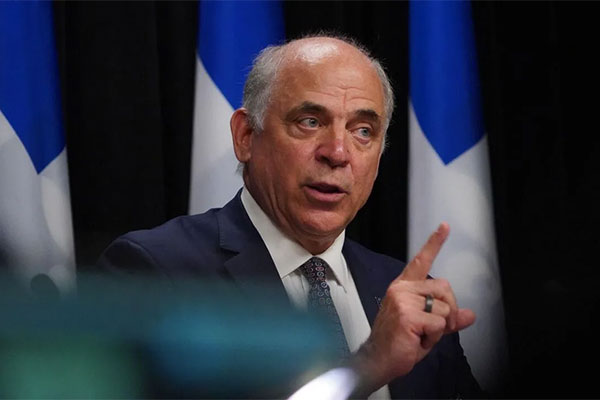


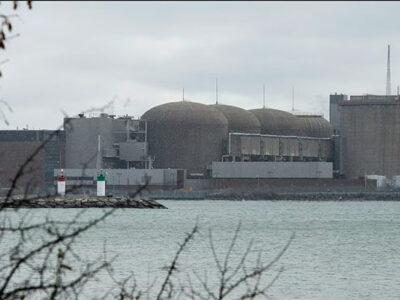
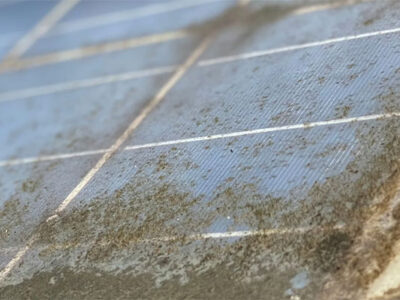
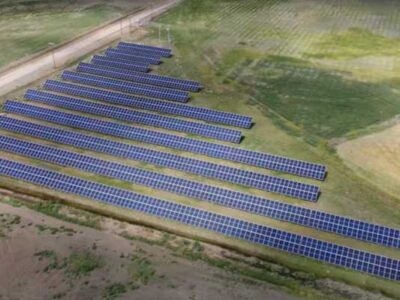


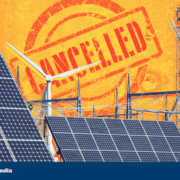

Comments